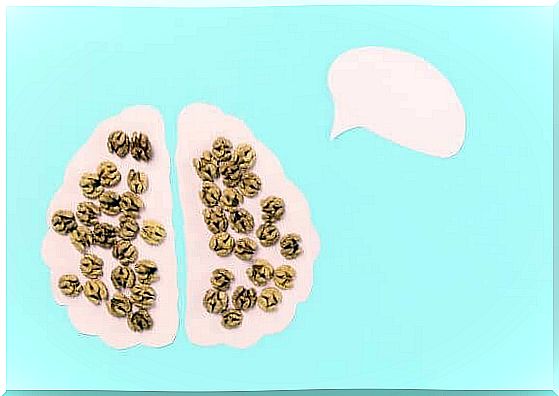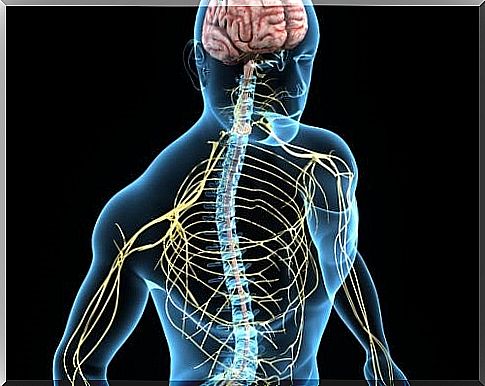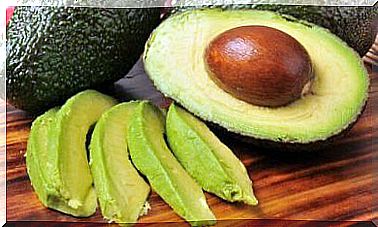Choline: An Essential Nutrient With Many Benefits
Choline is an essential and fundamental nutrient for the development of the nervous system. Its contributions improve cognitive functions, among other benefits.

Among the variety of vitamins and minerals that we need to ingest every day is choline. It is considered a group B vitamin, which is generally not as well known as the others. However, it is important to obtain it through food, because it is an essential nutrient.
Discover, in the rest of this article, its many benefits and the best way to get them!
What is choline?

Choline is a nutrient associated with group B vitamins (B1, B2, B3, B5, B6, B7, B9 and B12). The brain and nervous system need it to regulate memory and mood, muscle control, and other functions.
It is also needed to form the membranes that surround cells in the body. The liver can make a small amount of it, but most of the choline in the body comes from the food we eat.
The benefits of choline
Like vitamin D, it plays a fundamental supporting role in calcium absorption because it helps omega-3 fatty acids and B vitamins work as they should.
These are the advantages associated with it:
-
Sports performance
It is necessary for the brain to communicate properly with the muscles. Not getting enough choline during exercise can delay the brain’s message to muscles to contract, resulting in faster fatigue during endurance exercise.
-
Liver health
Choline helps remove fat from the liver, thus preventing liver disease. Choline also frees the liver to perform its key functions of filtering, detoxifying, and converting food into energy.
-
Aging brain
A new area of interest for scientists studying the impact of this nutrient on diet is whether its ingestion could prevent the cognitive deterioration that occurs as we age.
Foods rich in choline
We have prepared a list of the foods richest in this nutrient for you so that you can follow a balanced diet.
- Egg yolk
- Liver
- Beef and veal
- Yeast
- Oatmeal
- Walnuts
- Dried vegetables
The link with Alzheimer’s disease

Elderly person with hands on head: implication of choline in Alzheimer’s disease
In a new study, researchers at Arizona State University in the United States are exploring a simple and safe treatment for one of the most devastating and baffling disorders: Alzheimer’s disease (AD).
The lead authors, with support from the Center for Neurodegenerative Disease Research , study the effects of choline, an important nutrient that may hold promise in the war against memory loss disorders.
The study involved mice bred to show symptoms similar to AD. The results showed that when these rodents received a high amount of choline in their diet, their offspring showed improved spatial memory compared to those who received normal choline treatment in the womb.
In addition, the beneficial effects of choline supplementation appear to be transgenerational, protecting not only the supplemented animals during gestation and lactation, but also the subsequent offspring of these mice.
The importance in the period of pregnancy and lactation
The Food and Nutrition Commission at the Institute of Medicine at the National Academy of Sciences says choline is essential for prenatal supplementation. During pregnancy, the consumption of choline by the mother can influence the development of memory and the developing baby’s brain.
Pregnant and breastfeeding women, as well as children, can consume choline within the recommended intake parameters. Supplementation outside of the diet is generally not necessary if one is following a healthy diet.
Side effects of choline
Too much choline can cause fishy odor, heavy sweating, or excessive salivation, but can also lower blood pressure and predispose to liver damage. Some research suggests that a high amount of choline can increase the risk of heart disease.
Despite this, this research focuses on the use of massive amounts of choline. In any case, it is an essential nutrient for the organism, the contribution of which must be ensured in terms of a healthy lifestyle.









